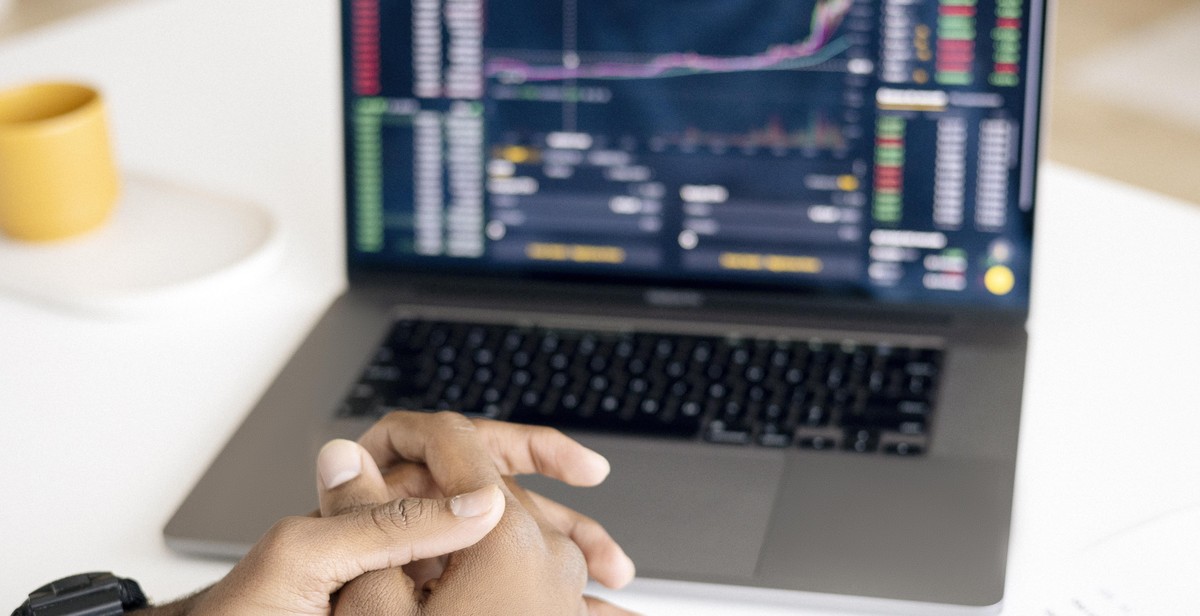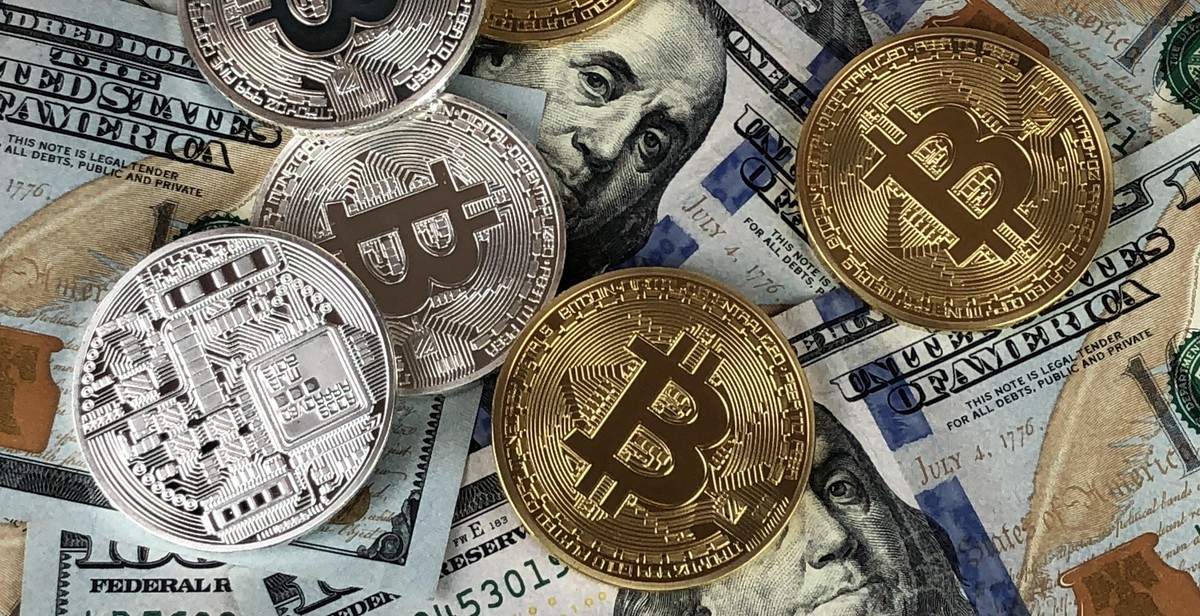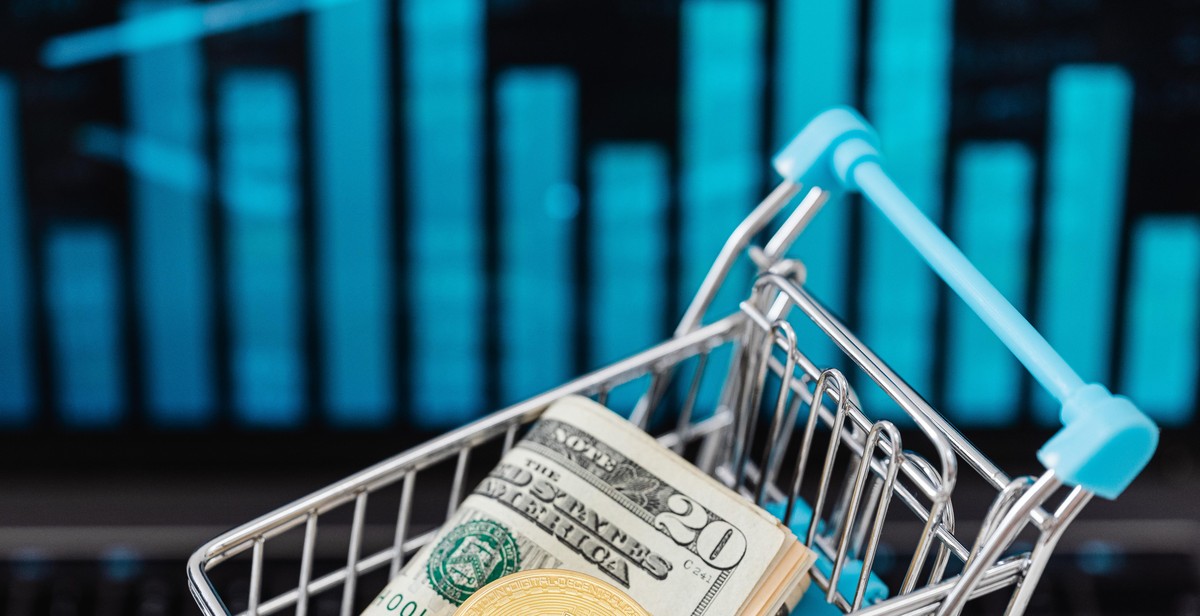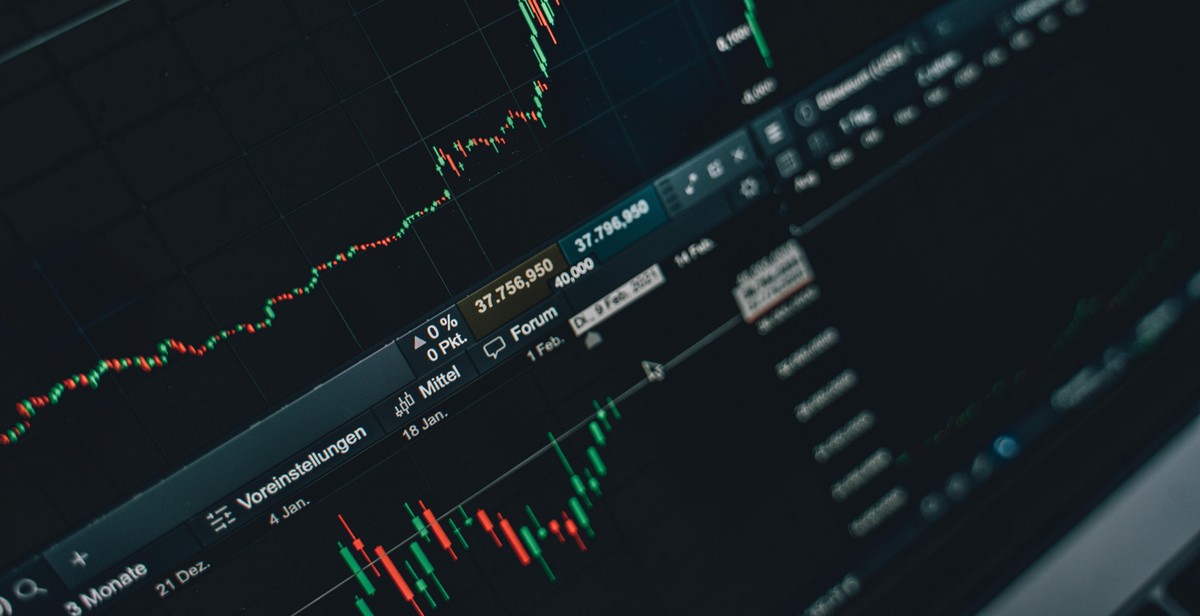How to Safely Trade Cryptocurrencies on Decentralized Exchanges
Cryptocurrencies have become a popular investment option in recent years, with many people looking to trade them for profit. Decentralized exchanges (DEXs) have emerged as a popular alternative to centralized exchanges, offering greater security and privacy to traders. However, trading on DEXs can be challenging for beginners, and there are risks involved if proper precautions are not taken. In this article, we will discuss how to safely trade cryptocurrencies on decentralized exchanges.
What is a Decentralized Exchange?
A decentralized exchange is a platform that allows users to trade cryptocurrencies without the need for a central authority or intermediary. Transactions are conducted through a peer-to-peer network, and users retain control of their funds throughout the trading process. Decentralized exchanges offer greater security and privacy to traders, as they are not vulnerable to hacks or thefts that can occur on centralized exchanges.
The Risks of Trading on Decentralized Exchanges
While decentralized exchanges offer greater security and privacy, there are still risks involved in trading cryptocurrencies. One of the main risks is the possibility of losing funds due to technical errors or hacks. Additionally, the lack of regulation in the cryptocurrency market means that traders must be vigilant against scams and fraudulent activities.
In the next section, we will discuss how to mitigate these risks and trade cryptocurrencies safely on decentralized exchanges.

What are Decentralized Exchanges?
Decentralized exchanges (DEXs) are platforms that facilitate peer-to-peer cryptocurrency trading without the need for intermediaries or central authorities. They operate on a decentralized blockchain network, allowing users to trade cryptocurrencies in a trustless, secure, and transparent manner. Unlike centralized exchanges, DEXs do not hold users’ funds, but instead, users retain full control over their private keys.
Functioning of Decentralized Exchanges
Decentralized exchanges function by allowing users to connect their digital wallets to the blockchain network and execute trades directly on the blockchain through smart contracts. These smart contracts are self-executing and operate based on pre-programmed rules and conditions, which eliminate the need for intermediaries.
When a user initiates a trade on a DEX, the smart contract verifies the availability of the required cryptocurrency and executes the trade if the conditions are met. The trade is then recorded on the blockchain, making it transparent and immutable.
Advantages of Decentralized Exchanges
- Security: Decentralized exchanges provide a more secure trading environment as users retain full control over their private keys, reducing the risk of hacks and thefts associated with centralized exchanges.
- Transparency: All trades executed on a DEX are recorded on the blockchain network, making them transparent and immutable, which enhances trust and eliminates the possibility of fraudulent activities.
- Privacy: Decentralized exchanges do not require users to provide personal information or undergo identity verification, allowing for anonymous trading.
- No intermediaries: DEXs operate on a peer-to-peer basis, eliminating the need for intermediaries such as banks and brokers, which reduces transaction fees and enhances trading speed.
- Global access: Decentralized exchanges operate on a decentralized blockchain network, making them accessible to anyone with an internet connection, regardless of their location.
Overall, decentralized exchanges offer a more secure, transparent, and efficient trading experience for cryptocurrency traders. As the adoption of blockchain technology continues to grow, DEXs are expected to become more popular and widespread.

The Risks of Trading on Decentralized Exchanges
Decentralized exchanges (DEXs) are a new and exciting way to trade cryptocurrencies. However, they come with their own set of risks that traders need to be aware of. In this section, we will explore the risks associated with trading on DEXs.
Smart Contract Risks
One of the biggest risks associated with trading on DEXs is the smart contract risk. Smart contracts are self-executing contracts with the terms of the agreement between buyer and seller being directly written into lines of code. While smart contracts can provide a high level of security and transparency, they are not immune to bugs or vulnerabilities. If a smart contract has a flaw, it can be exploited by attackers, resulting in the loss of funds.
Moreover, smart contracts are not always audited or tested enough, which can also lead to potential risks. Therefore, it is essential to do proper research on the DEX and the smart contracts before trading on a DEX.
Liquidity Risks
Liquidity is another significant risk associated with trading on DEXs. Unlike centralized exchanges, which have a large number of traders and market makers, DEXs often suffer from low liquidity. This means that it can be challenging to buy or sell assets at a fair price, and traders may need to wait for a long time to execute their trades. Additionally, low liquidity can lead to higher volatility and slippage, which can result in significant losses.
It is essential to check the liquidity of the DEX and the trading pair you want to trade before making any transactions. Moreover, it is advisable to start with small trades to test the liquidity and understand the market dynamics of the DEX.
Security Risks
Finally, security risks are a significant concern when trading on DEXs. As DEXs are decentralized, they are not regulated or monitored by any central authority, which makes them more vulnerable to hacks and attacks. Moreover, DEXs often lack the security measures that centralized exchanges have, such as insurance, cold storage, and two-factor authentication.
Therefore, it is crucial to choose a reputable and trustworthy DEX with a solid security track record. Additionally, traders should take appropriate security measures, such as using a hardware wallet and enabling two-factor authentication, to protect their funds.
| Risks | Description |
|---|---|
| Smart Contract Risks | Smart contracts are not immune to bugs or vulnerabilities, which can lead to the loss of funds. |
| Liquidity Risks | Low liquidity can make it challenging to buy or sell assets at a fair price, and traders may need to wait for a long time to execute their trades. |
| Security Risks | DEXs are more vulnerable to hacks and attacks, and often lack the security measures that centralized exchanges have. |

How to Safely Trade on Decentralized Exchanges
Decentralized exchanges (DEXs) are becoming increasingly popular among cryptocurrency traders, as they offer greater security and privacy compared to centralized exchanges. However, trading on DEXs requires a different approach and mindset compared to centralized exchanges. In this article, we will explore some tips on how to safely trade on decentralized exchanges.
Use Reputable Decentralized Exchanges
The first step in safely trading on decentralized exchanges is to use reputable and well-established DEXs. Some popular DEXs include Uniswap, Sushiswap, and Pancakeswap. These exchanges have a proven track record of security and reliability, and they have a large user base, which helps to ensure liquidity.
Do Your Own Research
Before trading on any DEX, it is essential to do your own research and due diligence. This includes researching the project behind the DEX, the team members, and the community. You should also check for any past security incidents or hacks and read reviews and feedback from other users.
Protect Your Private Keys
One of the fundamental principles of cryptocurrency is that you are in control of your private keys. When trading on DEXs, it is crucial to keep your private keys safe and secure. You should never share your private keys with anyone and store them in a secure location, such as a hardware wallet or a cold storage device.
Use Two-Factor Authentication
Most DEXs offer two-factor authentication (2FA) as an extra layer of security. You should always enable 2FA when trading on DEXs, as it helps to protect your account from unauthorized access. You can use Google Authenticator or Authy to set up 2FA.
Only Invest What You Can Afford to Lose
Trading on DEXs, like any other form of investment, carries a certain level of risk. Therefore, it is essential to only invest what you can afford to lose. You should never invest your life savings or take out loans to invest in cryptocurrencies. Always trade with caution and a long-term perspective, and never let emotions drive your investment decisions.
- Use reputable decentralized exchanges like Uniswap, Sushiswap, and Pancakeswap
- Do your own research before trading on any DEX
- Protect your private keys and store them in a secure location
- Enable two-factor authentication for extra security
- Only invest what you can afford to lose
By following these tips, you can safely trade on decentralized exchanges and take advantage of the benefits they offer. However, always remember that the cryptocurrency market is highly volatile and unpredictable, and it is essential to stay informed and updated on the latest developments and trends.

Conclusion
Decentralized exchanges are the future of cryptocurrency trading. They offer a secure and transparent platform for traders to exchange cryptocurrencies without the need for intermediaries. Trading on decentralized exchanges is safer compared to centralized exchanges because users have full control over their funds and private keys. With the increasing number of hacks and security breaches on centralized exchanges, traders are looking for alternatives that offer better security and privacy.
Tips for Safe Trading on Decentralized Exchanges
- Always use a hardware wallet to store your private keys
- Verify the authenticity of the decentralized exchange before trading
- Ensure that the smart contract of the decentralized exchange has been audited by a reputable third-party auditing firm
- Use a VPN to protect your IP address and prevent hackers from tracking your online activity
- Avoid sharing your private keys with anyone
Final Thoughts
Decentralized exchanges are still in their early stages, but they offer a promising alternative to centralized exchanges. As more traders move towards decentralized exchanges, it is important to take necessary precautions to ensure safe trading. Always do your research and take the necessary steps to protect your funds and private keys. With the right knowledge and tools, you can safely and confidently trade cryptocurrencies on decentralized exchanges.
